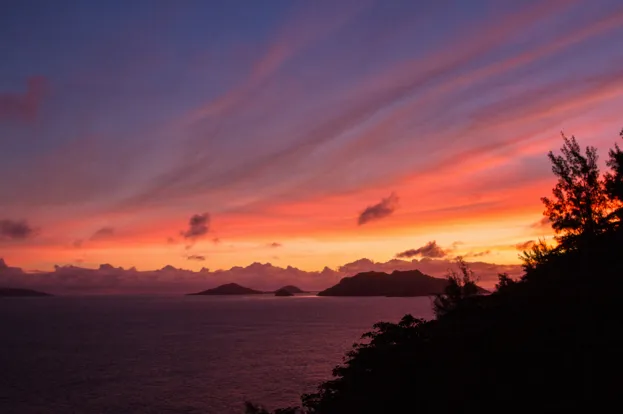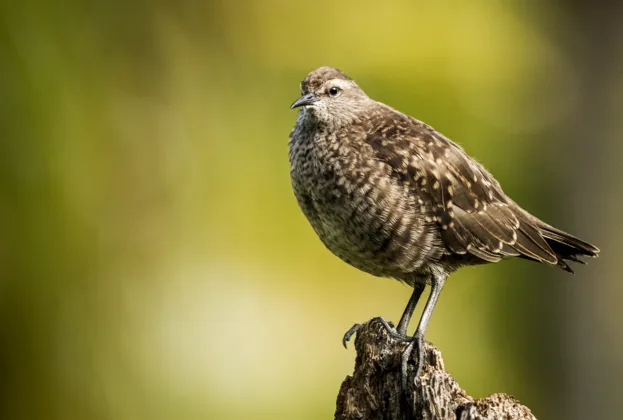Invasive predator species have been eradicated from five French Polynesia islands because they threatened endemic birds.
A partnership of NGOs, local government, landowners and volunteers has succeeded in removing the alien species from five out of six targeted islands in French Polynesia’s Acteon and Gambier archipelagos.
Early indications show that the removal of non-native mammals, mainly the Pacific rat, has allowed native plants to recover and rare bird species to flourish.
“The Acteon Gambier island group is home to the last viable population of Polynesian ground-dove, a species once much more widespread in the Pacific”, said BirdLife International’s Steve Cranwell.

“This bird’s remaining predator-free habitat was so small that without this intervention, a cyclone, prolonged drought, or accidental rat or avian disease introduction could trigger extinction”.
Helicopters were used to transport staff and volunteers to the islands to spread bait that carefully targeted specific species.
After eradication, the focus has shifted to biosecurity; preventing reinvasion through monitoring, education and stringent inspections of incoming vessels to keep invasive species from reinvading and recolonising the islands.

“This is a tremendous achievement that will provide a permanent solution to the alarming declines of native species on these islands due to predation and competition from invasive species,” said Dr David Beaune, the director of SOP Manu (Polynesian Ornithological Society, a local representative of BirdLife International).
Complete eradication wasn’t achieved on Kamaka, the sixth island, due to its steep terrain, but the project is thought to have majorly reduced the rat population and benefited endemic species.
Analyses of the unsuccessful effort on Kamaka will help inform future restoration efforts for complex islands with challenging landscapes.
The Polynesian ground-dove was once widespread in the Pacific. © Marie-Helene Burle/Island Conservation